About Event
The Department of Pathology at the Jawaharlal Institute of Postgraduate Medical Education and Research (JIPMER), Puducherry, is proud to host the “55th Annual Conference of the Indian Academy of Cytologists (CYTOCON 2025)” – a four-day academic extravaganza dedicated to the latest advancements in Cytopathology.
Under the esteemed patronage of the Indian Academy of Cytologists, this prestigious event promises an enriching experience filled with insightful discussions, learning opportunities, and collaboration with national and international experts.
Mark your calendars: 14th to 17th November 2025
The conference will kick off with a pre-conference CME titled:
“Cases Illustrating the Various Cytopathology Reporting Systems: An Indian Perspective”, followed by a post-conference hands-on workshop focused on:
- Cervical Cytology (LBC)
- Cell Block and Ancillary Tests
- Salivary Gland Cytology
- Cytology of Soft Tissue Tumours
- Pearls and Pitfalls in Cyto diagnosis of Lymphomas
These sessions will be led by experienced professionals and are designed to offer practical knowledge and skill enhancement in the field of cytology.
We eagerly look forward to your participation in this landmark event. Your presence and contributions will be instrumental in making CYTOCON 2025 a grand success and in advancing the field of Cytopathology through shared knowledge and innovation.
About JIPMER
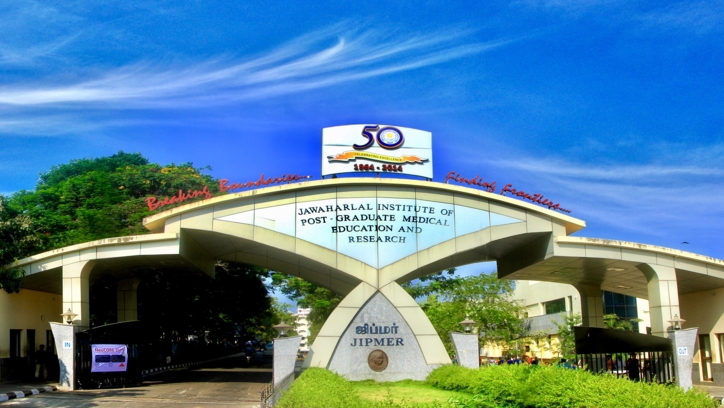
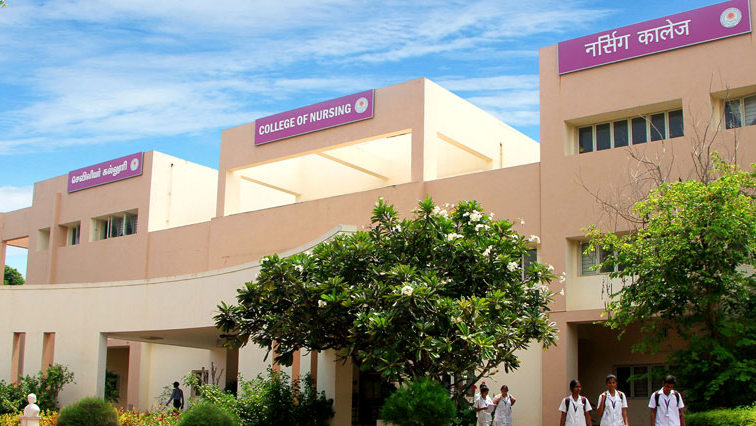
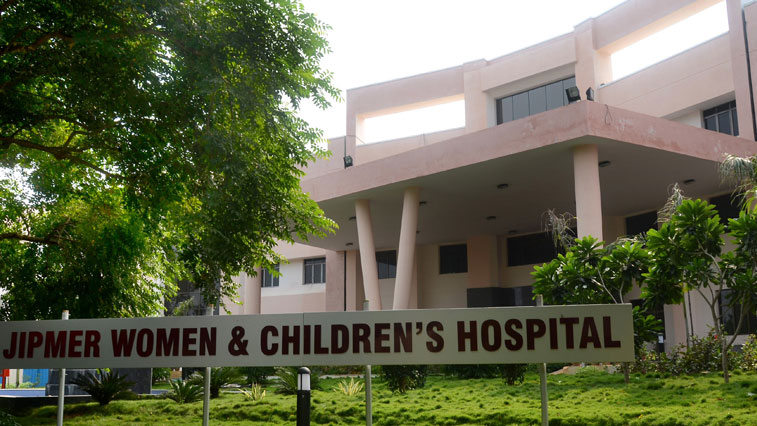
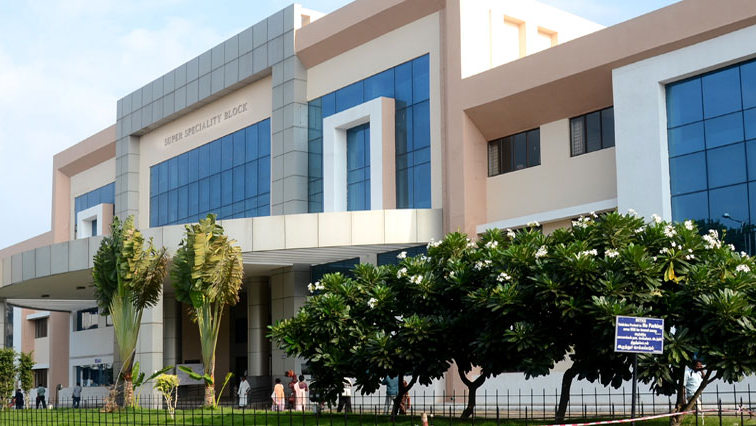
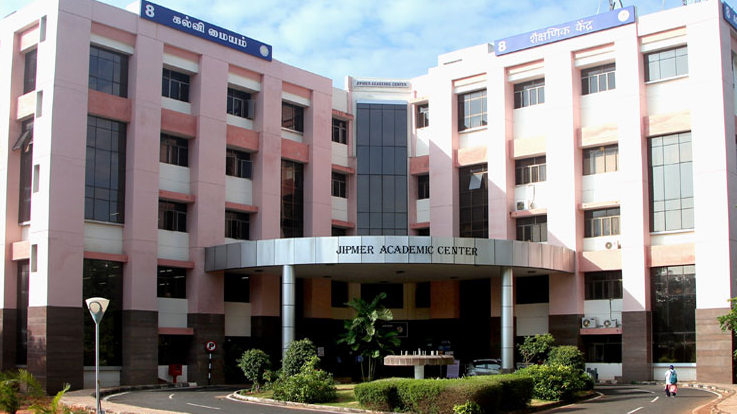
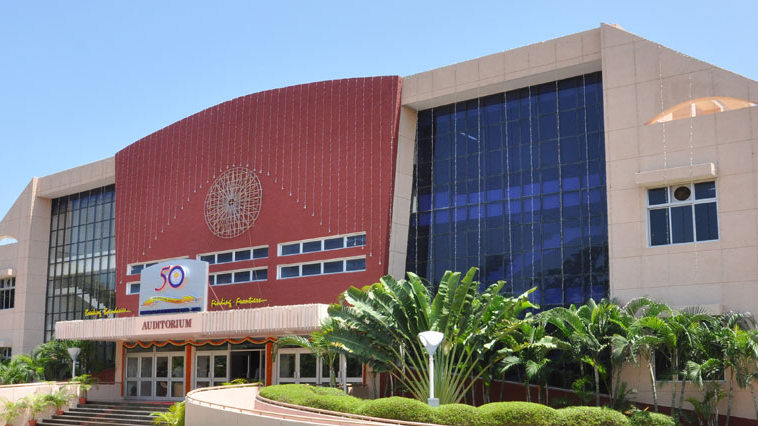
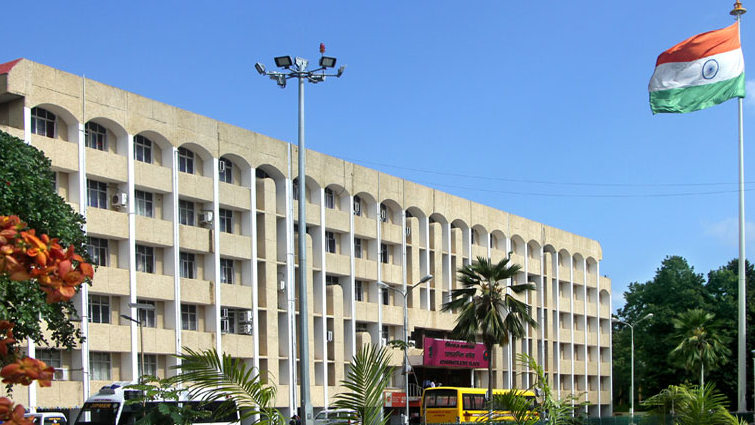
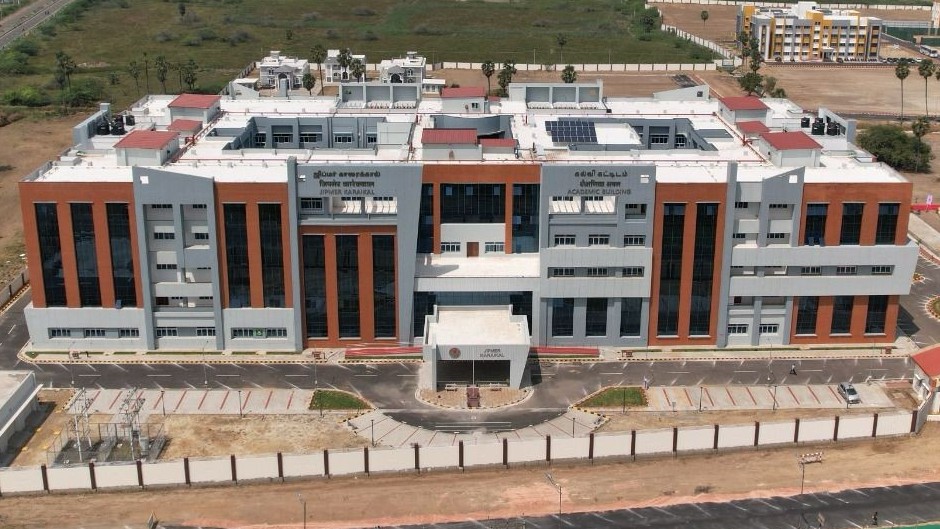

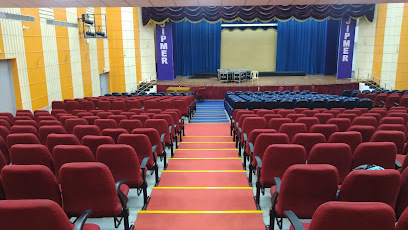
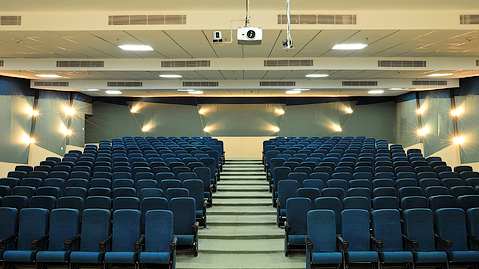
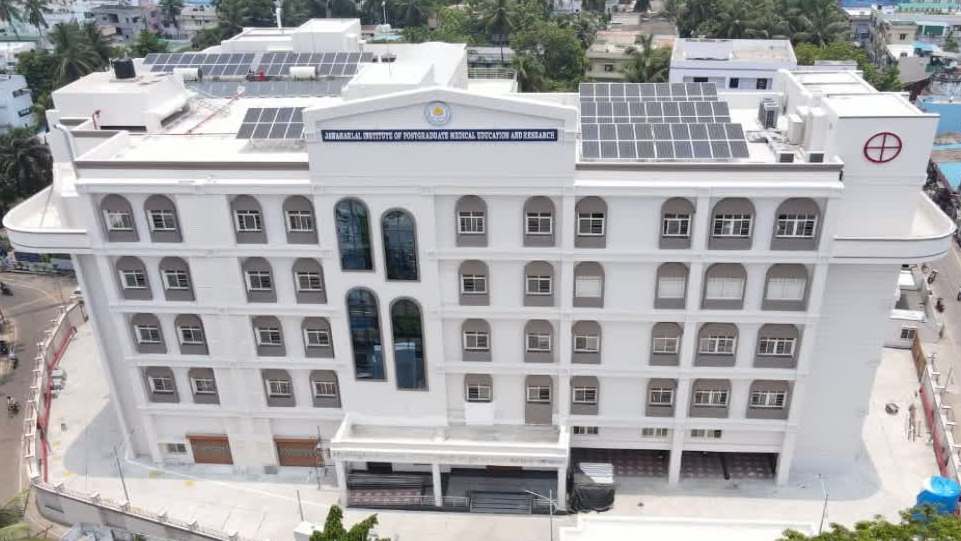
Jawaharlal Institute of Postgraduate Medical Education and Research (JIPMER) can trace its origins to the ‘Ecole de Medicine de Pondicherry’ established by the French Government in 1823. In 1956, the foundation for a new medical college was laid, and in 1964, the hospital was inaugurated. JIPMER became an institution of national importance under the Ministry of Health and Family Welfare, Government of India, in 2008. It is an institution established for teaching, researching, and providing patient care in health. JIPMER spreads over 192 acres. The institution houses one administrative block, one academic centre, one nursing college, seven hospital blocks, seven accessory services buildings and four residential complexes. 12 broad types of medical, nursing and allied health science courses covering all disciplines in healthcare from basic to super-speciality training are conducted.
JIPMER is one among the very few institutions in the country that provides teaching from undergraduate to super-speciality & sub-specialities, conducts path-breaking research and provides speciality care of high order. The model of providing free speciality health care while maintaining quality and safety makes JIPMER unique in the country. JIPMER’s success in providing best treatment even to the least affordable in the society makes it a model of speciality care delivery of the future. JIPMER continues to rank among the top best five medical schools in the country. JIPMER is witnessing expansion in the form of new campuses
About Puducherry
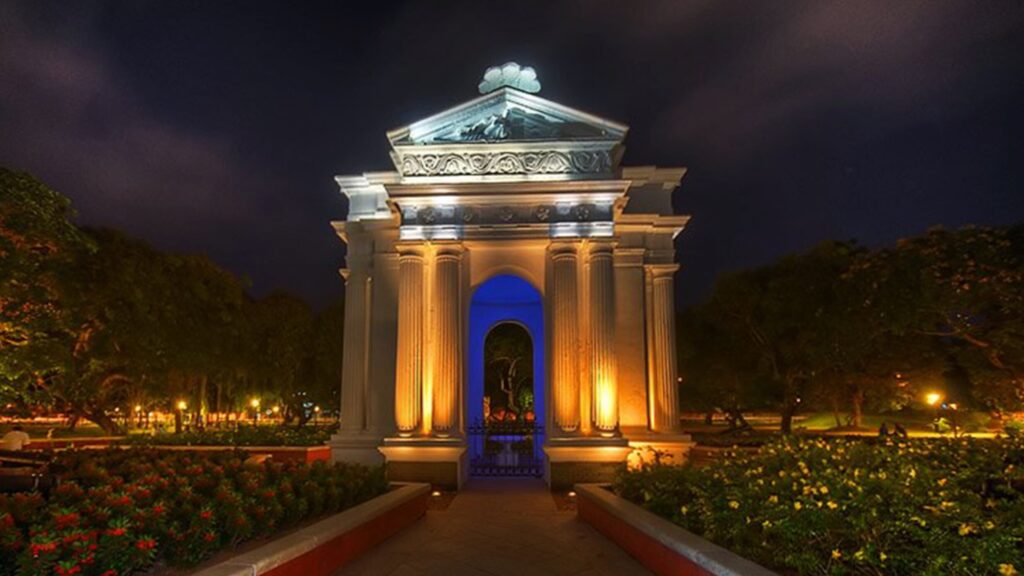

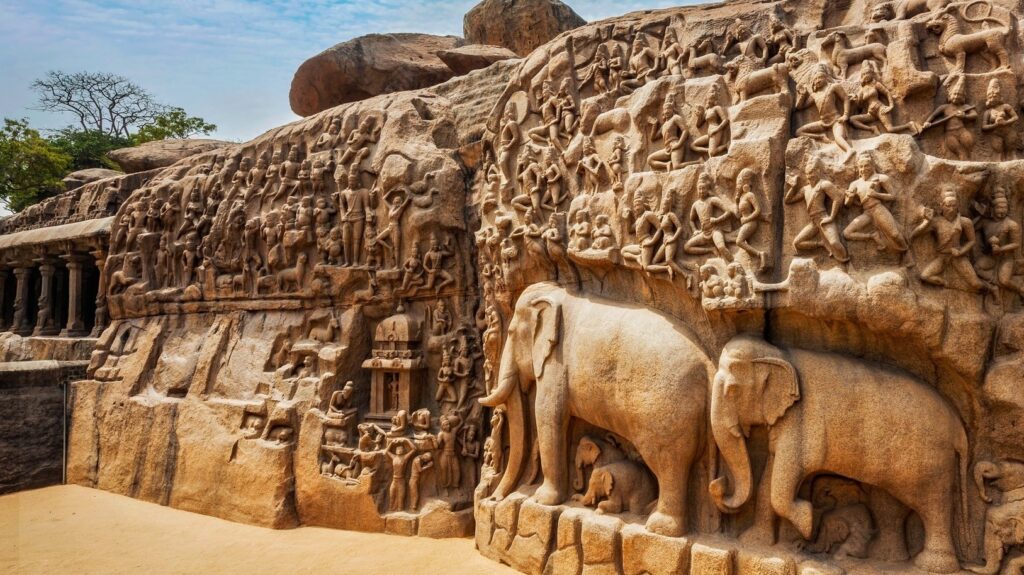


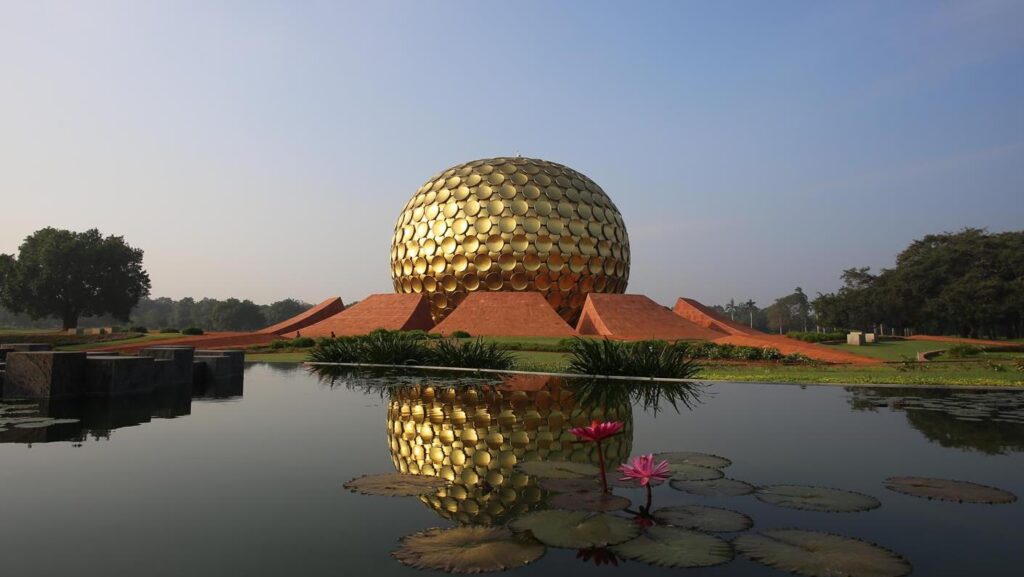
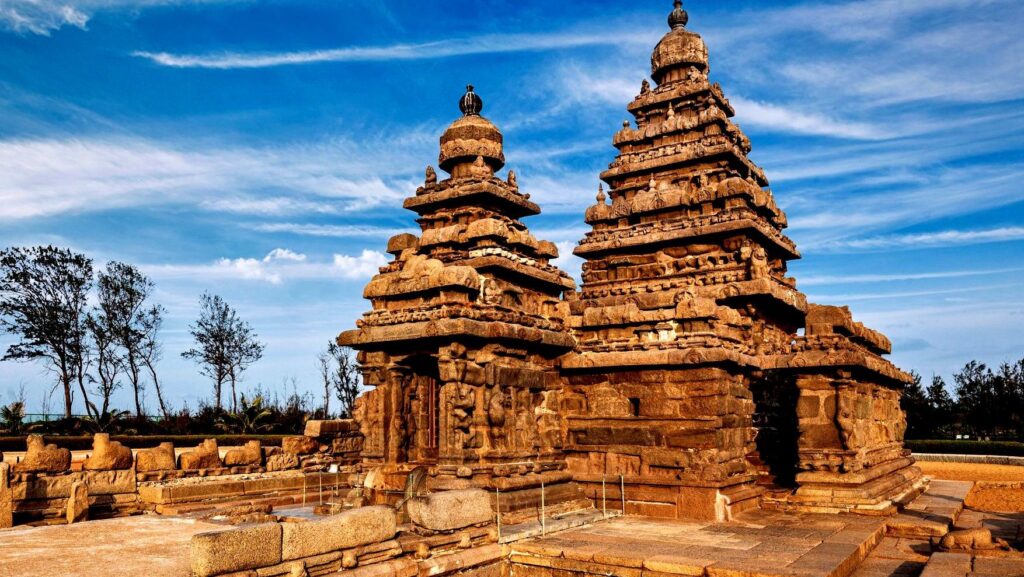
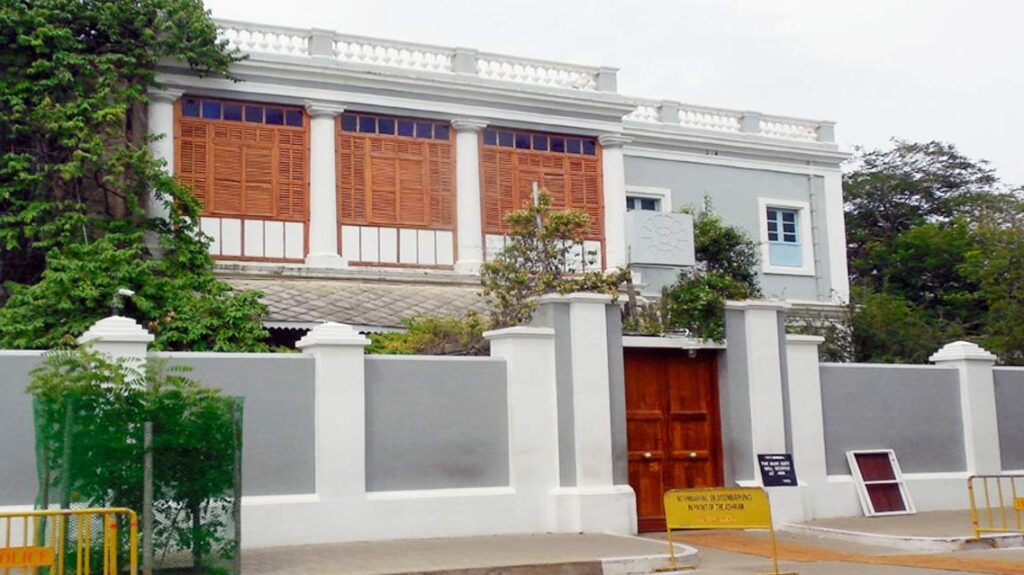








Puducherry, often affectionately called Pondicherry, is a unique tapestry of cultures, blending French colonial heritage with South Indian vibrancy. Nestled along the Coromandel Coast, it encompasses the former French enclaves of Puducherry, Karaikal, Mahe, and Yanam, each with distinct character and history.
At its heart lies Puducherry, the capital, once the epicentre of French influence in India. Its streets are lined with remnants of a bygone era, adorned with colonial mansions and tree-lined boulevards that evoke a sense of old-world charm. The city’s serene promenades along the Bay of Bengal offer a tranquil escape from the bustling modern world.
Karaikal, to the south, shares in this tranquillity its coastal beauty, which adds to the region’s allure. Meanwhile, Mahe, nestled amidst the Western Ghats along the Malabar Coast, exudes a different charm, surrounded by lush greenery and a rich blend of Kerala’s cultural heritage.
Yanam, situated further north along the East Godavari district, offers a glimpse into another facet of Puducherry’s diversity. Here, the influences of Andhra Pradesh mingle with remnants of French colonial architecture, creating a unique cultural tapestry.
Puducherry retains its French essence despite being a part of India for decades. This is evident in its architecture, street signs, and even the names of its public spaces. The city proudly wears monikers like ‘India’s Little France’ and ‘The French Riviera of the East’, a testament to its enduring connection to its colonial past.
Adding to this cultural mosaic are the Tamil residents who hold French passports, a legacy of their ancestors’ service to the French administration. Institutions like the French Consulate, cultural organizations, and veterans’ associations are reminders of this shared history.
Central to Puducherry’s charm is its unique town planning, influenced by the bastide model of fortified French towns. This blend of Franco-Tamil architecture showcases the town’s rich heritage and skilful urban design, making it a delight for history enthusiasts and culture seekers to explore.
Puducherry stands as a living testament to the harmonious coexistence of diverse cultures, where the French colonial legacy seamlessly intertwines with the vibrant tapestry of South Indian traditions.